
This logo isn't an ad or affiliate link. It's an organization that shares in our mission, and empowered the authors to share their insights in Byte form.
Rumie vets Bytes for compliance with our
Standards.
The organization is responsible for the completeness and reliability of the content.
Learn more
about how Rumie works with partners.
The first time an interviewer asked me, "Where will you be in 5 years?" I froze.
I wasn't like 87% of Millennials who believe career growth and development are most important in a job.
I was unprepared for the question, but you don't have to be! Give your answer some structure. Follow these rules:
First, be intentional about your professional growth by defining what you want.
Next, create a strategy for how you plan to develop your skills.
Lastly, give the interviewer an example of how professional development helps you progress to the next level in your career.
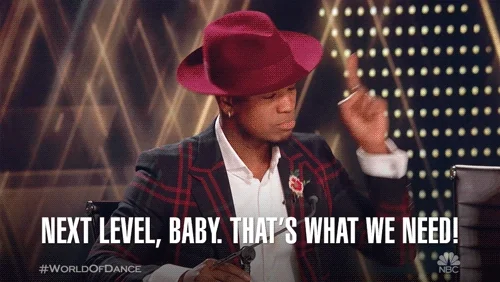
How To Answer
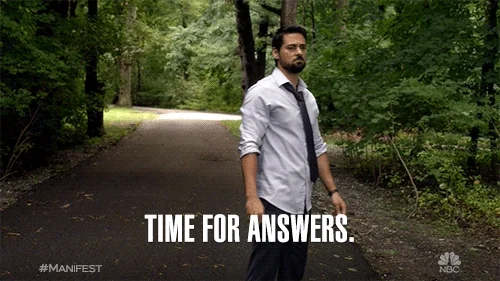
An interviewer wants to know that you purposely set goals. When answering this question, discuss why professional development is important and what it will do for you and the company.
A few reasons why could be:
You want to be a leader.
You want to grow a stronger team.
You want to expand your skill set.
You want to enlarge your network.
Any reason you choose should align with your personal values and the company's values. Create that bridge and show how well you fit into the position.
If you don't know what you want, these next steps may help.
Quiz
An interviewer asks, "Why is professional development important?" Which response is best?
Explaining that you have leadership skills and that you want to enlarge your network shows that you have goals and see the value in relationship building.
Tips On Defining What You Want
 Photo by Suganth on Unsplash
Photo by Suganth on UnsplashExamine your skill set.
Revisit a recent performance review and consider areas that prove you have transferable skills in communication, being a self-starter, and time management.
Ask yourself:
Can I anticipate the needs of the position?
Do I have people skills? Can I share how I meet people at work?
Do I jump right into my workday and adhere to timelines?
If so, talk about building those skills while developing your answer.
Explain How You'll Develop Your Skills
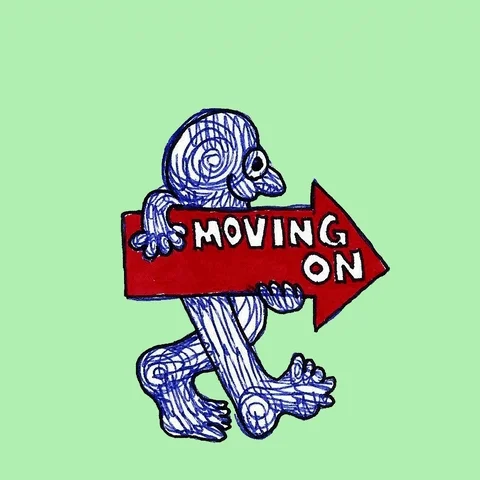
Next, your response should show your dedication and/or plan for professional development.
Your needs vary, and the ability to tailor your development to your life is important. Professional development can happen through:
Mentors — they answer questions and provide career advice
Job shadowing or cross-training — preview and/or practice on a job you're interested in
Informal learning — social networks (LinkedIn Learning)
Formal education — planned, structured learning (maybe a degree or certification)
Did you know?
Professional development helps you create a clear strategy for learning. The ability to talk about how you plan to learn shows your desire to develop.
Showcase Your Skills
Lastly, give the interviewer an example of how you've developed professionally in the past. Use the ideas below to wrap up your response:
Recall previous projects or problems that led to development. Use the STAR (Situation, Task, Action, Result) method to articulate your answer.
Recall the knowledge, skills, and relationships you developed and how you did it.
Your ability to articulate your learning process and how you implemented your knowledge demonstrates that you have a clear understanding of why professional development is important.
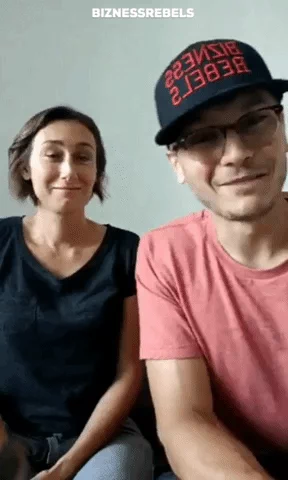
Did you know?
Providing examples in interviews allows the interviewee to take control of their own narrative and help the interviewer imagine them in the position.
Sample Answers to the Interview Question
Use the following examples as templates for responding to the interview.
I wanted to show my team how to put pie charts in Microsoft Word reports. I trained with a department that used Microsoft applications. By focusing on my professional development, I was able to teach my team how to create efficient reports which made me a leader on my team.
I volunteered for a local charity writing brochures and email sendouts. My people skills helped me share information with the community quickly. I was asked to create a blog. Now I can show you writing samples.

Did you know?
There are many ways to answer an interview question. Just be honest about your approach and confidently express it.
Try It Out
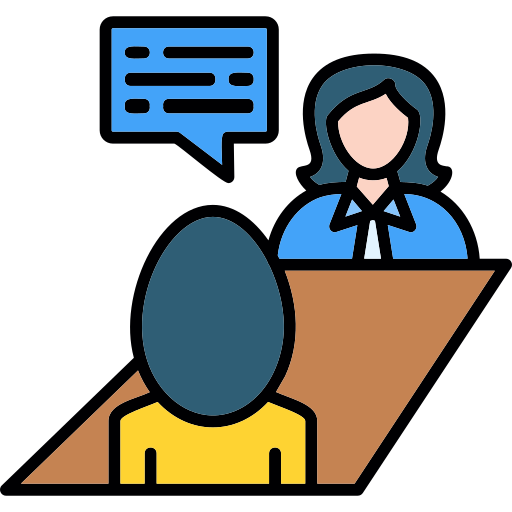
You've identified your skills and practiced your answers. You're face to face with the interviewer, and they say, "Tell me about your approach to professional development."
What's the best response?
A: I took orders at the drive-through window of a busy restaurant. I needed lower hold times for each vehicle, so I asked to shadow a coworker with more experience. They taught me that pre-counting change to the nearest $1.00 for each transaction will save time. I realized my coworkers had great ideas that could help me build my time management skills. I'm always happy to ask them for better ways of doing things.
B: Professional development gets you promoted. I can be a manager. I'm good with people. I took a class on leadership.
Quiz
Which is the best answer?
Response A gives a great example of the STAR method. It identifies the interviewee's skills and how they relate to professional development.
Take Action
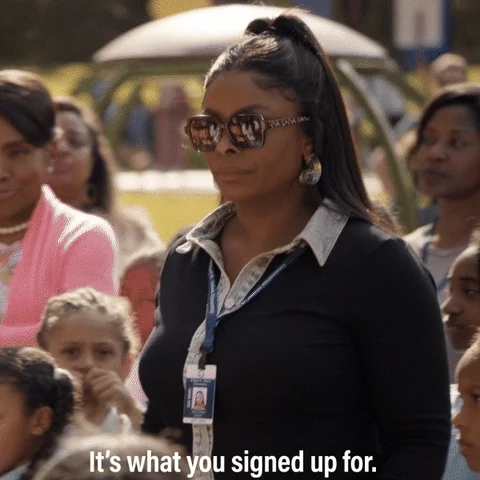
What do your next steps look like?
This Byte has been authored by
Jennifer Tate
Learning designer/medical device reporting analyst
MS